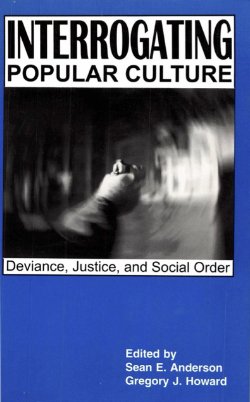By Charles Cooley.
In "Human Nature and Social Order Part 1," author delves deep into the complex interplay between human behavior and societal structures. Drawing from a multitude of disciplines including sociology, psychology, and anthropology, this compelling book explores fundamental questions about the nature of humanity and the forces that shape our interactions within society.
From the intricate dynamics of interpersonal relationships to the broader impact of cultural norms and institutions, the author navigates through thought-provoking concepts with clarity and depth. Through a series of insightful case studies and theoretical discussions, "Human Nature and Social Order Part 1" invites readers to critically examine the intricacies of human nature and its role in shaping social order.
This book is a must-read for anyone seeking a deeper understanding of the complexities of human behavior and the profound ways in which individuals and societies influence each other. "Human Nature and Social Order Part 1" is a thought-provoking journey that challenges conventional wisdom and offers new insights into the intricate tapestry of human existence.
NY.: Scribner. (1902) 421 pages total both parts.















